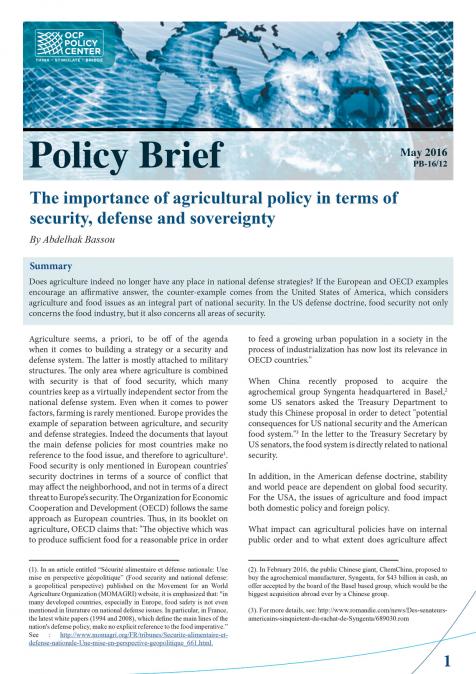Podcasts
Fertilizers and extension services: empowering African agriculture
Related topics:
Fertilizers are essential for boosting agricultural productivity in Africa by replenishing soil nutrients and increasing crop yields. However, their optimal utilization faces challenges such as environmental degradation and limited access for smallholder farmers. These farmers encounter barriers like high costs, limited availability, and a lack of expertise in application methods. Maximizing agriculture's potential in Africa through fertilizer use requires intervention, with extension services serving as vital conduits. These services offer tailored guidance on sustainable fertilizer application, empowering farmers to enhance soil fertility while mitigating environmental impacts. This podcast will emphasize the pivotal role of fertilizers in improving agricultural productivity and the importance of extension services in facilitating their effective use.










